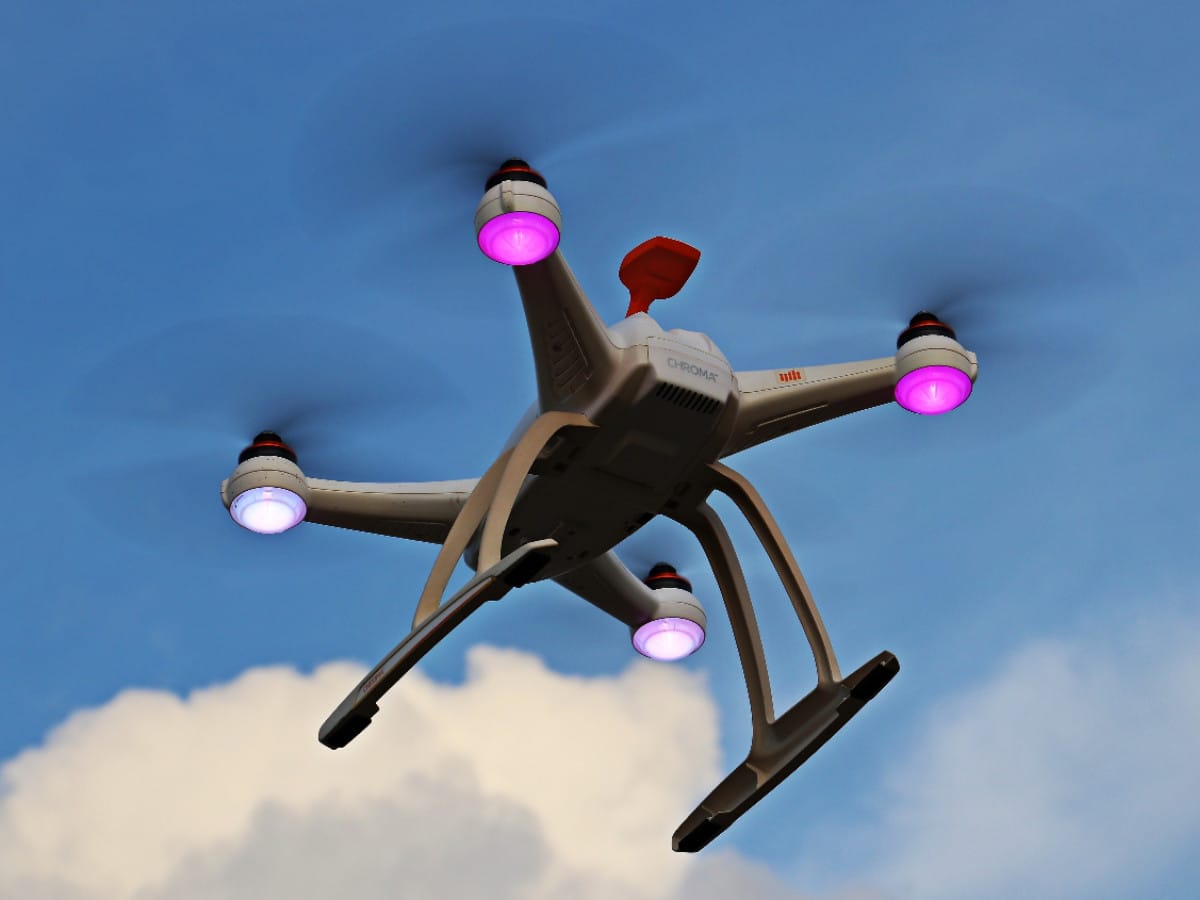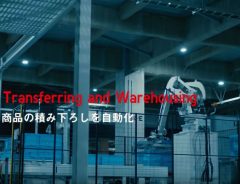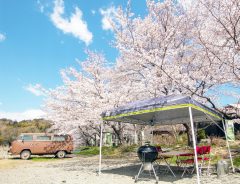
Source: © pexels.com
Untouched deliveries and stand-in baseball fans: Japanese robotics join COVID-19 fight
- Tags:
- automation / coronavirus / COVID-19 / Robots
Related Article
-

Uniqlo’s 1st Automated Warehouse Replaces 90% Of Workforce With Robots
-

Doraemon’s “Stay Home” Message
-

Drive-in haunted house opens in Tokyo to scare away coronavirus concerns
-

Video game of Tokyo Governor Koike lets you stop public gatherings, combat coronavirus
-

Feeling lonely during lockdown? Why not have dinner with Naomi Watanabe?
-

Enjoy a socially distanced private hanami with this sakura tree rental plan


If you’re an avid reader of Grape Japan, you’re well aware that Japan is experiencing a robot renaissance. According to the World Robotics - Industrial Robot Report 2018, the country is the leading supplier of industrial robots. There’s just something about this Shintoist, manga-obsessed, East Asian culture that makes automated noodle stands or miniature companion bots seem a natural fit.
Nevertheless, the adage "necessity is the mother of invention" rings true in the land of the rising demographic imbalances. Japan's retiring, and largely gray, workforce has reared fewer children in recent years. As deaths eclipse births by 1,000 individuals per day, population decline and labor shortages are creating a natural demand for automation. Indeed, we’ve covered how self-checkout kiosks and humanoid clerks are picking up the slack coaxing Japan to become the 2nd greatest adopter of robots in the world.
Deliveries Untouched by Humans
Like in other countries, COVID-19 has led to a spike in online orders as Japanese consumers fear the possibility of contracting the respiratory infection. Chains like Dominoes and Pizza Hut are offering contact-less deliveries, while Nike Japan and Rakuten double-down on warehouse automation.
Others are increasing their orders of industrial robots to limit human-product contact throughout their distribution chains. Dirk Beth, the director at Above Robotics, told Bloomberg, "We're certainly seeing an acceleration of interest [in automation] because of Covid. I don't think that's going to slow down even if the Covid situation is solved today, because now what companies are thinking is, 'when is the next time this is going to happen, and people can't go to work? How do we make sure that our goods get to the end customer?'"
Above Robotics provides cloud-based automation solutions and has received inquiries from companies in Japan and other Asian countries.
Japanese producers are also working to meet the surge in demand. Driverless cart and forklift producer ZMP Inc. is planning to list publicly as its clientele expands this year. On the other hand, Daifuku Co., a seller of material-handling equipment, has experienced a rise in its stock price as its sales are expected to be robust.
Robotic Spectators
After several monts of a state of emergency and lockdwon, consumers are in need of some entertainment. The Nippon Professional Baseball recently opened its season nationwide. Sadly, stadiums will remain empty throughout the pandemic.
Just like always, the robot Pepper has been called upon to fill the void. Although he’s been busy caring for quarantined individuals and serving as a robot priest, he’s still managed to coordinate a cheer routine for his home team. Have a look:
Patient Care and Sanitation
Insusceptible to the virus, robots are well-positioned to care for infected individuals and sanitizing contaminated surfaces. As mentioned, Pepper, alongside automaton Whiz, is tending Tokyo hotels where quarantined individuals are staying. Likewise, Avatrin’s the “newme” bot is helping doctors provide proper bedside-care to patients from a safe distance. Indeed, robots are finding a plethora of niches, fulfilling roles that may be hazardous to humans.
Takanawa Gateway Station, on the bustling Tokyo Yamanote railway line, has employed several kinds of robots since March, cutting down the burden placed on staff. Among other duties, the bots clean the station overnight while providing directions to wayward commuters during the day. Many bear a camera allowing them to keep an eye out for suspicious behavior.
More impressively, however, a machine purposed with disinfecting hospital beds has shown to be effective at eradicating the coronavirus. The LightStrike robot created by the American company Xenex Disinfection Services emits bursts of high-frequency UV light to zap COVID-19 pathogens from masks and other surfaces. Japanese distributor Terumo sees the machine as key to automating sanitization in hospitals. The medical device manufacturer expects widescale adoption among healthcare facilities across the country.